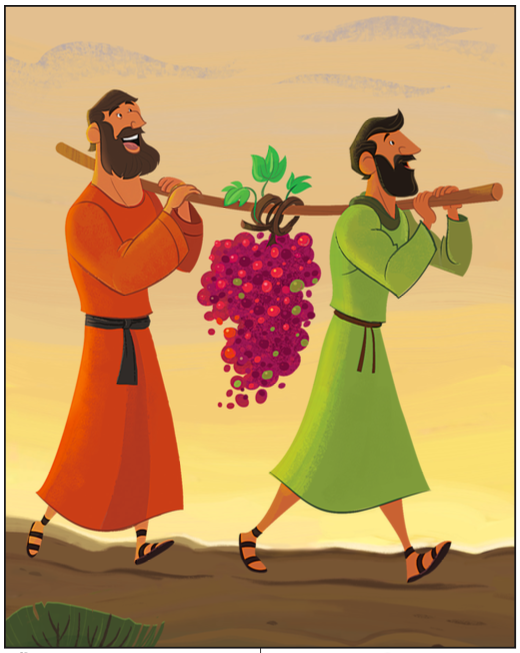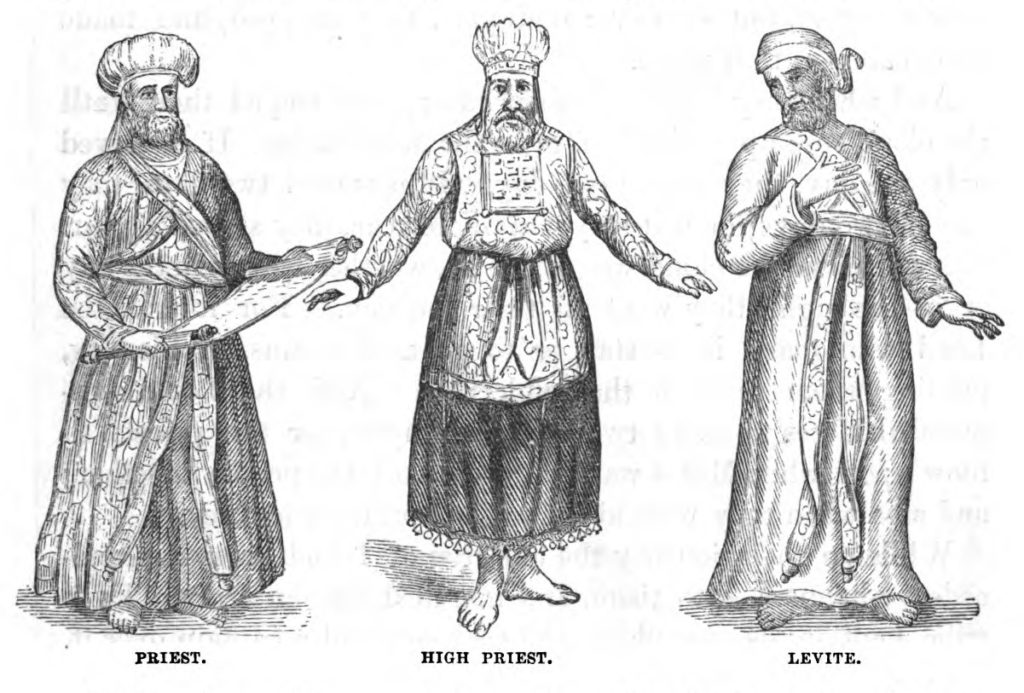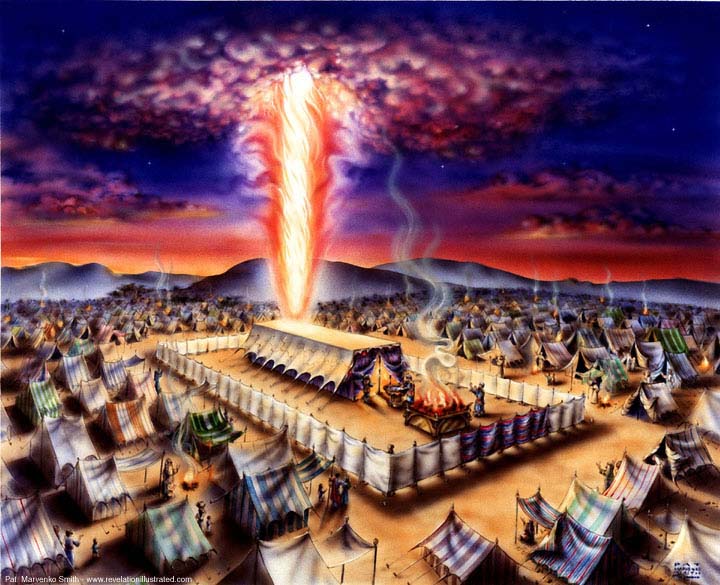
How many times have you heard non-Jewish Christians refer to themselves as “Gentiles”? Or Christian teachers talk about “the Jews” and “the Gentiles”—the latter label referring to non-Jewish believers in Yeshua or Jesus the Messiah? Or even Jewish believers in Yeshua refer to their Christian brothers and sisters as “Gentiles”? Is this a biblically accurate label? If you are a believer in Yeshua and non-Jewish ethnically, are you still a Gentile? This is the question we will answer below. As numerous end time Bereans (i.e. those who are deeply studied in the Bible) are finding out, many mainstream Christian traditions that are popularly taught and believed in reality do not line up with the Scriptures.
The Scriptures Call the Israelites Gentiles
When one actually studies the Bible, rather than just listening to others talk, preach or teach about it, it is amazing how truths emerge that do not line up with many popular belief systems in the mainstream Christian church. For example, many Christians would be surprised to find out that in numerous places, the Scriptures refer to the Jewish people as “Gentiles.” Yes, this is not a typo, but a biblical truth. Why is this? Perhaps it is because our understanding of what a Gentile is does not line up with the Bible.
One example where the Hebrew people are called “Gentiles” is found in Isaiah 1:4 where YHVH calls Israel a sinful nation. The word nation is the Hebrew word goy meaning “gentile” or, in a spiritual sense, “worldly or secular.” This is not a complimentary moniker on the part of the God or Elohim of Israel.
This is only one of a number of passages in the Scriptures where Israel itself is referred to as being “gentile.” A quick study of the Hebrew word goy will bear this fact out. This word is translated in the Tanakh (Old Testament) as nation 374 times, as heathen 143 times, as Gentiles 30 times, and people 11 times. Whenever the word gentile is used in the KJV Bible it is the word goy. According to Strong’s Concordance, the meaning of goy or gowy is “a foreign nation; hence a Gentile; also (fig.) a troop of animals, or a flight of locusts.”According to Gesenius Hebrew-Chaldee Lexicon,the word goy means “a people, a confluence of men,” and “contextually in Holy Scripture it is used to refer to the other nations besides Israel, the foes of Israel, and strangers to the true religion of Israel.”
Amazingly, there are times when this word refers specifically to Israel (e.g. the descendants of Joseph in general: Gen 48:19; to the southern kingdom of Judah or the Jews when it forsook Elohim and its covenant with him and became like the surrounding heathen nations [see Isa 1:4; 9:1], and to all twelve tribes of Israel [see Isa 26:2; 49:7; Ps 33:12; Gen 12:2; 35:11]).
There are numerous other instances in the Scriptures where the words goy or goyim (the plural of goy) are applied to the descendants of Abraham. In these cases, the Scripture’s use of the term is unbiased and lacks any of the pejorative implications that have been applied to the term subsequently (e.g. Gen 17:4, 5, 6, 16; 18:18; 25:23; 46:3; Exod 19:6; 33:13; Deut 4:6, 7, 8, 34; Ezek 37:22). In these cases, the word goy simply means “a people or ethnic group” regardless of race or ethnicity. The Greek word ethnos as found in the Testimony of Yeshua (New Testament) is equivalent in meaning to the Hebrew word goyim. Our English word ethnic or ethnicity derives from this Greek word.
The Apostle Paul on the Subject
So now that we know what the Hebrew word behind the English word Gentile means and how the Bible uses this word, let us answer the question: “Are non-Jewish Christians Gentiles, Jews or what?”
Consider this fact: Paul the apostle says in a number of places that those who are in Christ or the Messiah (i.e. Christians) are “the children” or “seed” (literally “sperm,” which is the meaning of the Greek word behind the English term) of Abraham (Gal 3:29). Elsewhere, he declares that Abraham is the father of Christians—both Jews and non-Jews (Rom 4:16; 9:8–11), and that Christians are the “sons of Abraham” (Gal 3:7). Paul then goes on to say that in the Christian church there is no longer Jew or Greek (i.e. Gentile), but that in Messiah (Christ) all redeemed believers are literally the offspring, children or descendants of Abraham (Gal 34:28–29). Paul makes no qualifications when making this declarative statement. He does not say that the non-Jewish Christians are spiritual descendants of Abraham, or symbolic descendants of Abraham. He does use metaphor or symbolism. He simply makes the statement as a matter of act.
Continue reading









